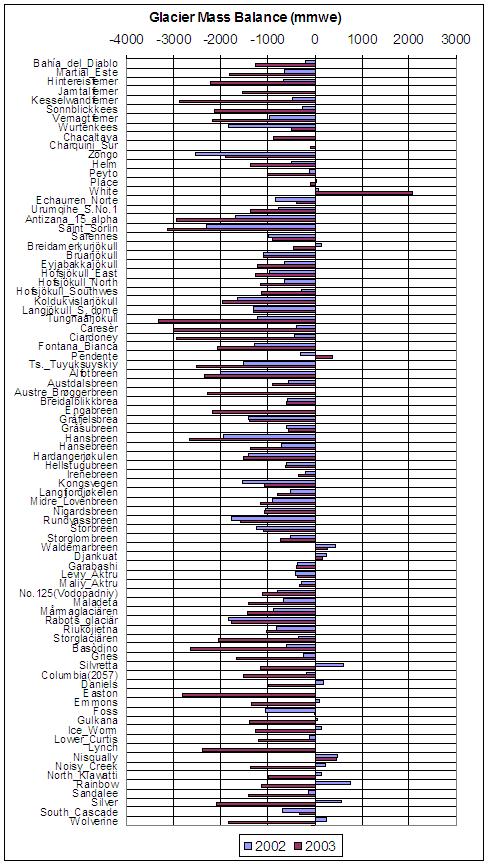Monday, March 9, 2009
Liberals going after religious voters
Contrary to this article's contentions, Catholic voters have not always voted Liberal at all. During the pre-second world war period fascism was actively preached by Catholic clergy across Canada. Mussolini's ideology of Corporatism, which was itself rooted in conservative Catholic theology, helped secure the already absolutist position of the Church in Quebec. In the rest of the Catholic congregations of the country - especialy in Italian Churches, Mussolini was a prophet of God: it was a conscious decision derived from the Lateran Agreement in Rome. Quebec was a jurisdiction of extreme right wing politics under clerical control until only after the Quiet Revolution of the early 1960's, when Liberalism deconstructed the facsist state created by the Union Nationale. The history of Liberalism in Canada - in Catholic parts of the country, was historically Rouge, an anti-clerical, Enlightenment-rooted view of individual liberty.
That view culminated in the particularly 'Canadian' funeral of Pierre Trudeau, which, while it was encased within the high pomp and circumstance of Cathedral orthodoxy, was riven through by Trudeau's own Catholic Personalism. Personalism, as a political theology, is the liberal side of Catholicism, in that it is more akin to Protestantism, with it's emphasis on an individual's existentially independent relationship with the divine. Generally speaking, Christianity is by definition personal, and only by practice, does it become conservative, ie hierarchical. The idea of 'once a Catholic, always a Catholic' is akin to those aspects of Judaism in which one is born into a community of believers, in conservative theology, the community as a people is what is in actual relationship with God. Once "relationship" has been abstracted into that belonging to a "people", rather than that of a person, almost every point of access to the divine can be controlled by those who control the community.
Liberalism's initial success with Protestant voters was rooted in Protestantism's reformed hierarchical structure: Pauline theology not only requires an individual to take responsibility for right and wrong, for making the world a better place, but it expressly posits the idea that a religious community is actually formed by individuals in relation with God, who can only then develop a spiritual relationship with one another. Protestantism has its ebbs and tides, and can become as extreme in its hierarchical control of individual believers as Catholicism, the method of control however, especially in modern times, has become increasingly more obvious. In contemporary fundamentalism, while individual responsibility remains a part of its theology, structurally, the whole basis of the personal religious experience has been twisted away from personalism towards status quo views of power,and the notion that the religious leader knows better than the individual. Thus, the community so formed, flows from the individual to the leader, and not from the individual to the divine. Thus, rather than a genuine spiritual relationship with ones' neighbours, one is left with a religious relationship with a boss.
That's why American evangelicalism is so right wing: the idea of liberty is still espoused, but Liberty actually belongs to the nation, to 'Americans' and not to individuals. The individual fundamentalist does not have to think or feel for themselves, they just have to do what they are told.
The fact that Ignatieff is trying to move Liberalism back into legitimacy as a political theology is not in itself troubling, since Canada was created as a nation designed to heal the fundamentalist religious divisions between Catholics and Protestants that had previously torn apart Europe. A path of personal spirituality is entirely in keeping with the principles of liberalism. What is questionable about Ignatieff however, is that he is essentially a CD Howe Liberal, the follower of an ideology that tried to liberalize conservative corporatism, and failed. Ignatieff has already started espousing a new orthodoxy, in which business, the state and the individual will 'deform' back into a giant pyramid scheme, his comments on the Tar sands make that clear. My guess is that Ignatieff is not after a spiritual renewal of Canadian personalism in order to create a Just Society founded on the Greatest Equal Liberty for all. My guess is that individual concepts of freedom will be reduced to an abstract 'internalism', so that Canadians will be encouraged to identify themselves with the new global heirarchy, and so do its bidding. In fact, it is becoming increasingly obvious from Iggy's management style, that he is in essence, a Fundamentalist Pastor, controlling both the medium and the message. And in that regard, he is not at all unlike Stephen Harper. You can have them both.
That view culminated in the particularly 'Canadian' funeral of Pierre Trudeau, which, while it was encased within the high pomp and circumstance of Cathedral orthodoxy, was riven through by Trudeau's own Catholic Personalism. Personalism, as a political theology, is the liberal side of Catholicism, in that it is more akin to Protestantism, with it's emphasis on an individual's existentially independent relationship with the divine. Generally speaking, Christianity is by definition personal, and only by practice, does it become conservative, ie hierarchical. The idea of 'once a Catholic, always a Catholic' is akin to those aspects of Judaism in which one is born into a community of believers, in conservative theology, the community as a people is what is in actual relationship with God. Once "relationship" has been abstracted into that belonging to a "people", rather than that of a person, almost every point of access to the divine can be controlled by those who control the community.
Liberalism's initial success with Protestant voters was rooted in Protestantism's reformed hierarchical structure: Pauline theology not only requires an individual to take responsibility for right and wrong, for making the world a better place, but it expressly posits the idea that a religious community is actually formed by individuals in relation with God, who can only then develop a spiritual relationship with one another. Protestantism has its ebbs and tides, and can become as extreme in its hierarchical control of individual believers as Catholicism, the method of control however, especially in modern times, has become increasingly more obvious. In contemporary fundamentalism, while individual responsibility remains a part of its theology, structurally, the whole basis of the personal religious experience has been twisted away from personalism towards status quo views of power,and the notion that the religious leader knows better than the individual. Thus, the community so formed, flows from the individual to the leader, and not from the individual to the divine. Thus, rather than a genuine spiritual relationship with ones' neighbours, one is left with a religious relationship with a boss.
That's why American evangelicalism is so right wing: the idea of liberty is still espoused, but Liberty actually belongs to the nation, to 'Americans' and not to individuals. The individual fundamentalist does not have to think or feel for themselves, they just have to do what they are told.
The fact that Ignatieff is trying to move Liberalism back into legitimacy as a political theology is not in itself troubling, since Canada was created as a nation designed to heal the fundamentalist religious divisions between Catholics and Protestants that had previously torn apart Europe. A path of personal spirituality is entirely in keeping with the principles of liberalism. What is questionable about Ignatieff however, is that he is essentially a CD Howe Liberal, the follower of an ideology that tried to liberalize conservative corporatism, and failed. Ignatieff has already started espousing a new orthodoxy, in which business, the state and the individual will 'deform' back into a giant pyramid scheme, his comments on the Tar sands make that clear. My guess is that Ignatieff is not after a spiritual renewal of Canadian personalism in order to create a Just Society founded on the Greatest Equal Liberty for all. My guess is that individual concepts of freedom will be reduced to an abstract 'internalism', so that Canadians will be encouraged to identify themselves with the new global heirarchy, and so do its bidding. In fact, it is becoming increasingly obvious from Iggy's management style, that he is in essence, a Fundamentalist Pastor, controlling both the medium and the message. And in that regard, he is not at all unlike Stephen Harper. You can have them both.
Subscribe to:
Post Comments (Atom)


No comments:
Post a Comment